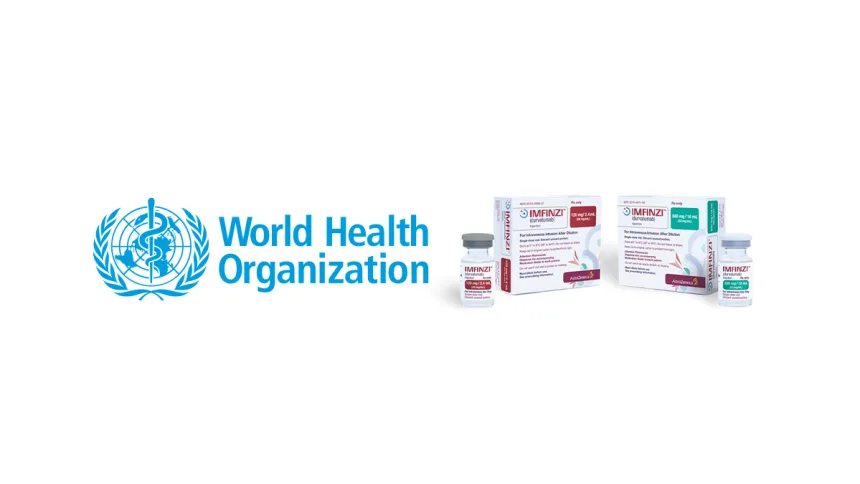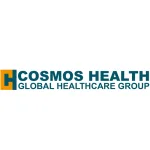December 2024- The World Health Organization (WHO) has issued a medical product alert regarding a batch of falsified IMFINZI (durvalumab) injection, 500mg/10ml. The counterfeit products were identified in the unregulated supply chain across Armenia, Lebanon, and Türkiye and reported to WHO in November 2024.
IMFINZI is a sterile infusion concentrate containing durvalumab, a monoclonal antibody. It is primarily used as monotherapy for treating Non-Small Cell Lung Cancer (NSCLC) in adults.
AstraZeneca, the legitimate manufacturer of IMFINZI, verified that the flagged products are falsified. Laboratory tests conducted by AstraZeneca confirmed that the counterfeit vials contain no active pharmaceutical ingredient, posing significant risks to patient safety.
WHO urges healthcare providers, regulatory authorities, and the public to remain vigilant and report any suspected cases of falsified IMFINZI immediately.
How to identify this falsified product
These products are falsified because they deliberately misrepresent their identity, composition, and source. To identify these falsified products, check for the following:
- Genuine IMFINZI lot BAVX, is associated with the manufacturing date of 10-2021 and an expiry date of 09-2024.
- A combination of any other dates or lot number should be considered suspicious.
- The 2D data matrix is displayed in the middle instead of the upper-right of the box.
- The face where the 2D data matrix, lot number, manufacturing and expiry dates are displayed should be in black and white, not totally black.
- The rectangle, displaying the strength of the medicine, should be in a paler green colour rather than dark green.
- The metal crimp of the closure around the neck of the vial should not be creased.
Risks
These falsified products should be considered unsafe, and their use may be life-threatening in some circumstances. The use of these falsified IMFINZI products may lead to ineffective or delayed treatment. It is important to detect and remove any falsified IMFINZI (durvalumab) injections from circulation so as to prevent harm to patients.
Also Read : WHO urgent flash appeal for the health emergency response in Syria
Advice to healthcare professionals, regulatory authorities and the public Healthcare professionals should report any incident of adverse effects, lack of expected effects or suspected falsification to the National Regulatory Authorities/National Pharmacovigilance Centre.
WHO advises increased surveillance and diligence within the supply chains of countries and regions likely to be affected by these falsified products. Increased surveillance of the informal/unregulated market is also advised.
National regulatory authorities/health authorities/law enforcement are advised to immediately notify WHO if the falsified product is detected in their country. If you are in possession of any of these products, WHO recommends that you do not use them. If you, or someone you know, has, or may have used these products, or suffered an adverse event or unexpected side-effect after use, seek immediate medical advice from a healthcare professional or contact a poisons control centre.
All medical products must be obtained from authorized/licensed suppliers. If you have any information about the manufacture or supply of these falsified products, please contact WHO via rapidalert@who.int.



















